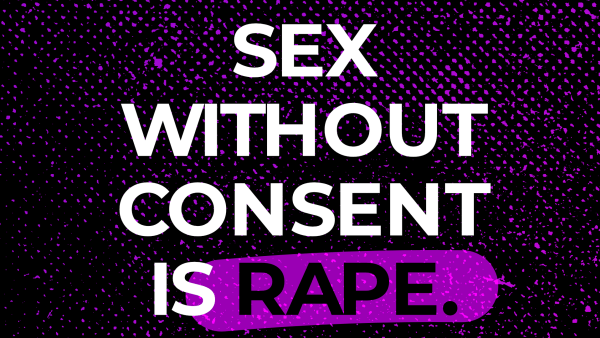The Commission’s annual rule of law report has the potential to be a useful tool to prevent future erosion of the rule of law in the EU, but more needs to be done to keep up the pressure on governments that have already done the damage, like in Hungary and Poland. In light of worrying developments in Slovenia, the S&D Group pushed for a plenary debate on the Slovenian government’s interference in the judiciary and its threats to the rule of law.
The Parliament is setting out its assessment of the rule of law report today in a vote in the civil liberties, justice and home affairs committee, where the S&D Group has been leading the call for improvements to ensure the annual report has an impact as part of a bigger toolbox.
Today’s ruling from the European Court of Justice, dismissing Viktor Orbán’s challenge to Parliament activating the Article 7 procedure, shows the need to keep up the pressure on regressive governments that insist on avoiding scrutiny at all costs.
Domènec Ruiz Devesa, rapporteur on the Commission’s annual rule of law report, said:
“The Commission’s first annual report on the rule of law is a good first step in doing more to highlight deficiencies in justice, media freedom, anti-corruption and checks and balances across all EU countries. We are committed to working to make sure the Commission’s annual report has the potential to be an effective preventive tool. For this, the report must include clear recommendations, and deadlines to fulfil them, and clear links to other rule of law tools that could be triggered if member states ignore the recommendations, whether it is Article 7 proceedings, infringement proceedings or the conditionality mechanism. Clearly, a preventive approach is not enough for countries like Hungary and Poland. In future, the report should make the distinction between countries where some aspects of the rule of law need improving, and countries where disregard for the rule of law is clearly systemic.
“The rule of law is only as strong as the courts that uphold that law. The Commission is right to highlight shortcomings in national judicial systems, but the devil is in the details and the report is far too light in detail. There are shameless governments that have made no effort to comply with EU court rulings and we need to see specifics on any government’s failure to comply included in the future reports. The Commission should use the report to say more about the misuse of EU funds making a direct link to EU’s rule of law budget conditionality mechanism.”
Birgit Sippel, spokesperson for civil liberties, justice and home affairs, said:
“The Commission's report is a first step to demonstrate how different practices are being used as a blueprint by different governments to undermine the rule of law. As other leaders follow Orbán down the authoritarian path, the spread of regressive values, such as by silencing free media, needs to stop once and for all. But while the individual tools to prevent a deterioration of the rule of law are important, it’s the whole toolbox that makes the difference. As a Parliament, we have been asking for an even broader EU Mechanism for years, taking into account not just the rule of law, but also the protection of fundamental rights and the state of play of the democracy as a whole. The Commission needs to broaden the scope of the annual report in this direction.
“Today, the European Court of Justice dismissed Orbán’s desperate attempts to overturn a democratic decision taken by the European Parliament to trigger the Article 7 procedure in Hungary. The ruling sends a clear signal from the Parliament and the Court of Justice: the more the Hungarian government strives to avoid scrutiny and accountability under the law, the more determined we will be to protect EU citizens. It's high time for the Commission and the member states to adopt the same determination: with a broadened scope in the rule of law report in general, and with regards to Hungary and Poland, with pushing forward the Article 7 procedures against these countries and by triggering the rule of law conditionality mechanism.”










